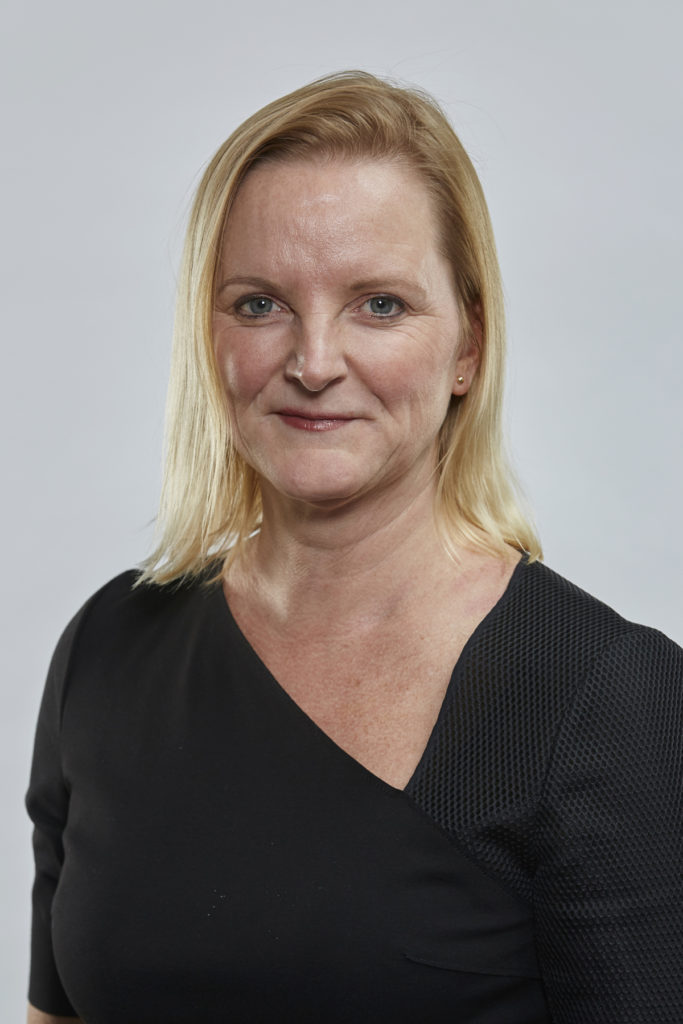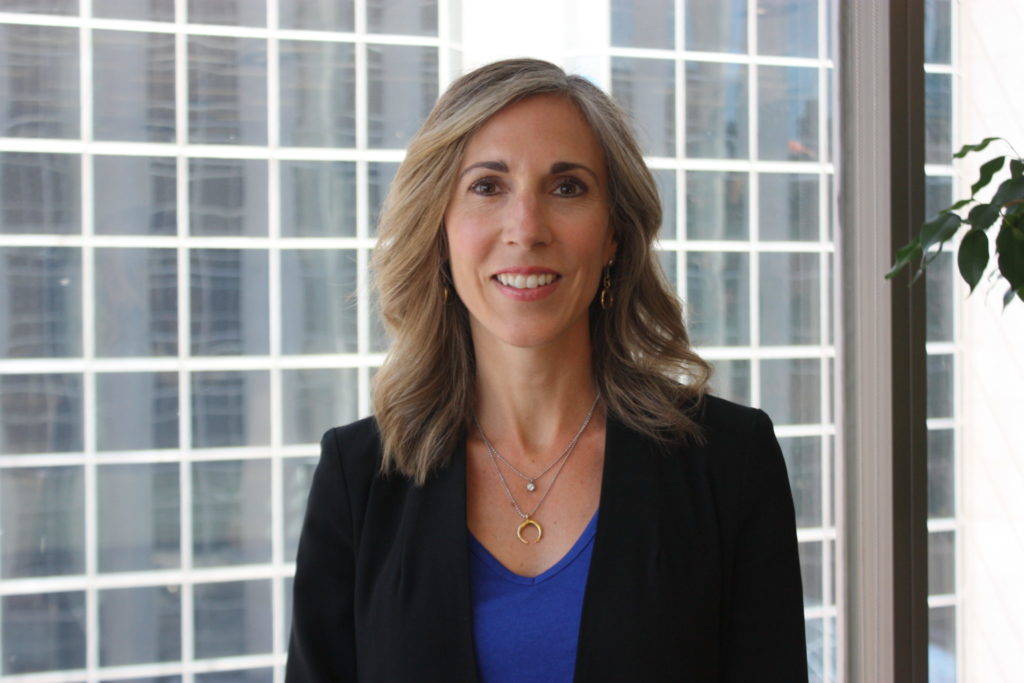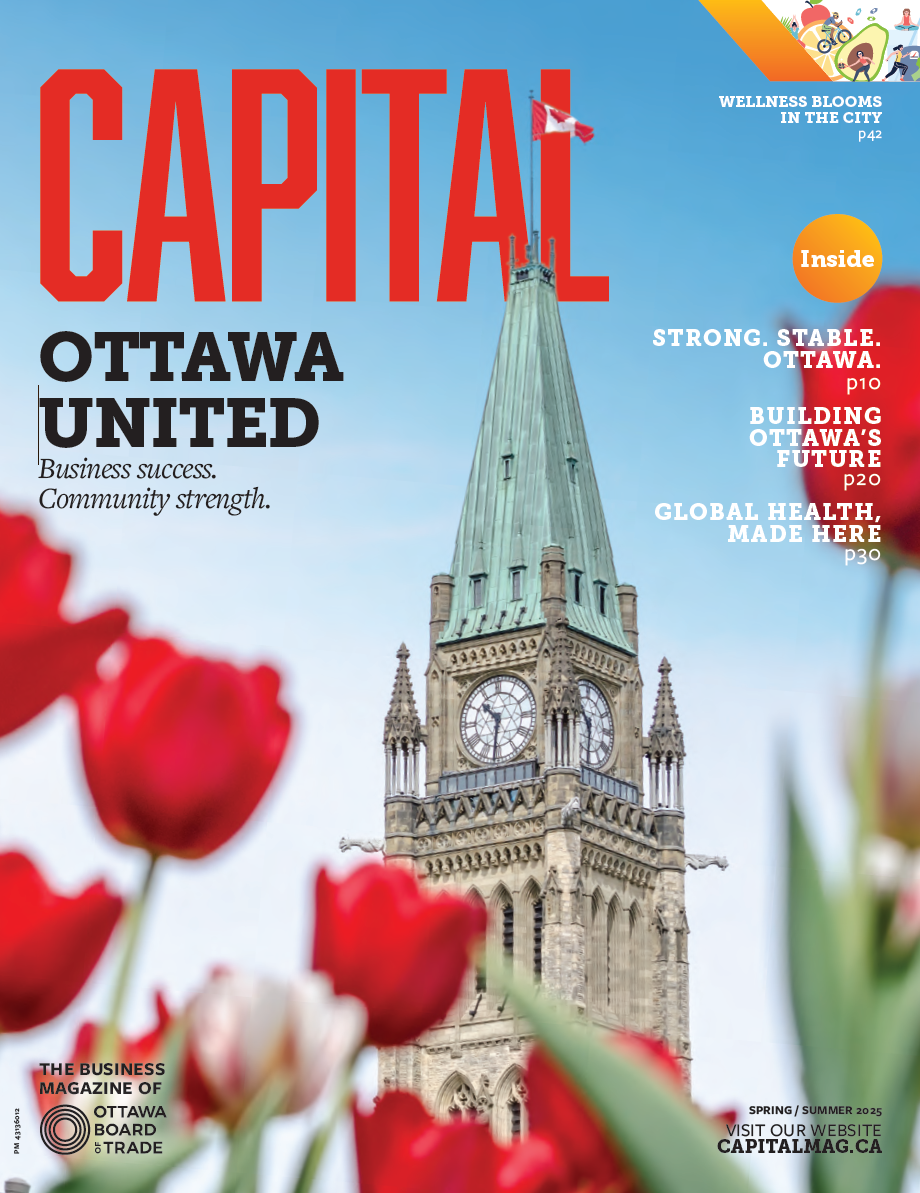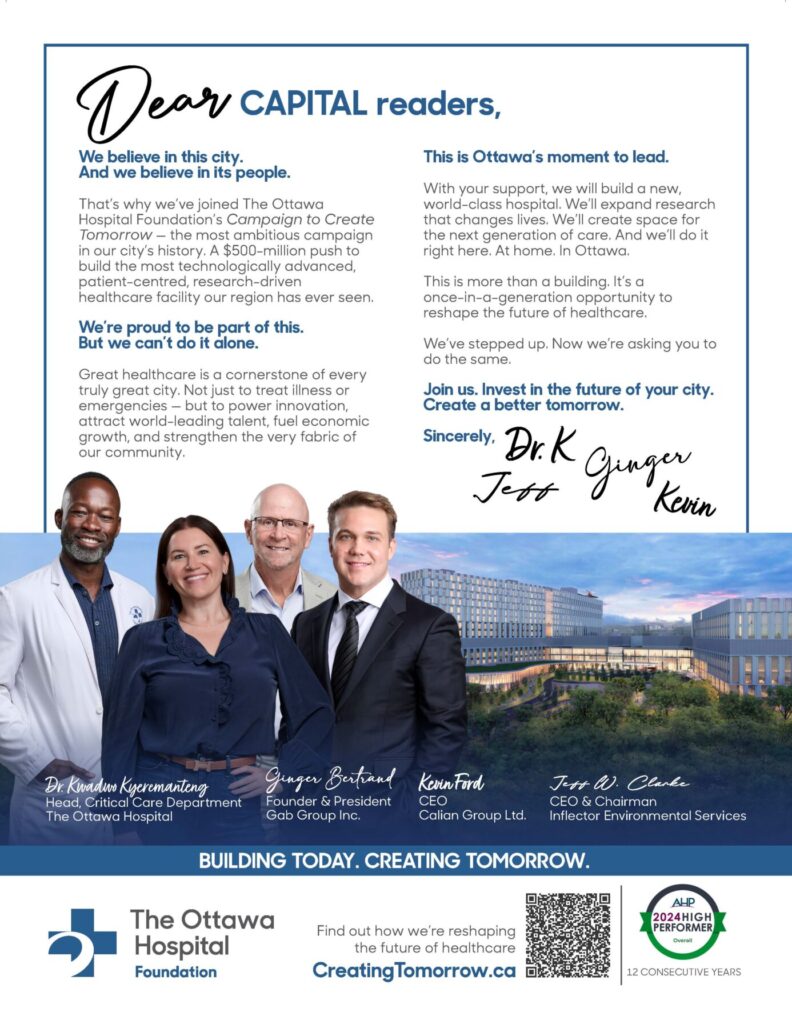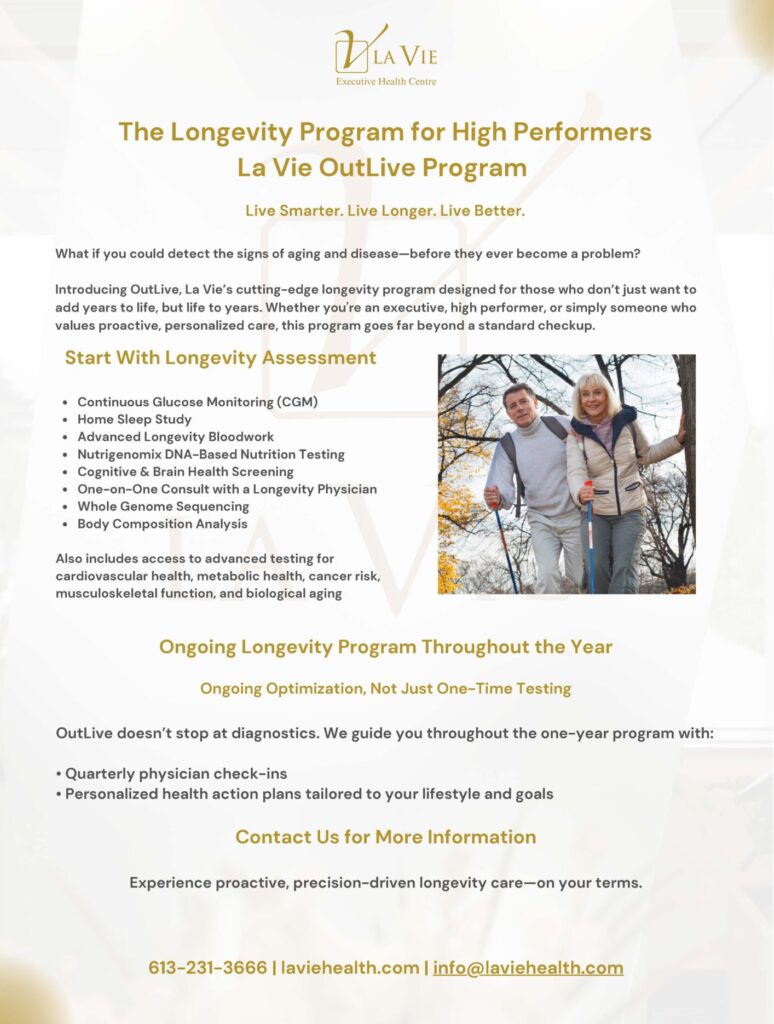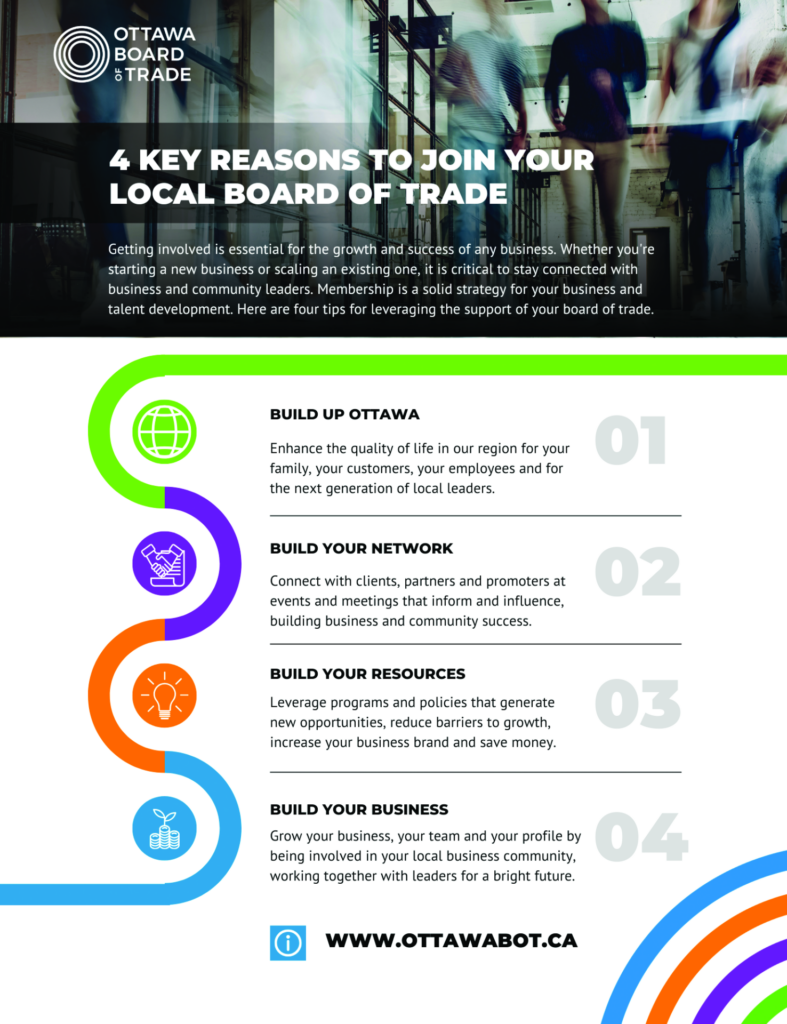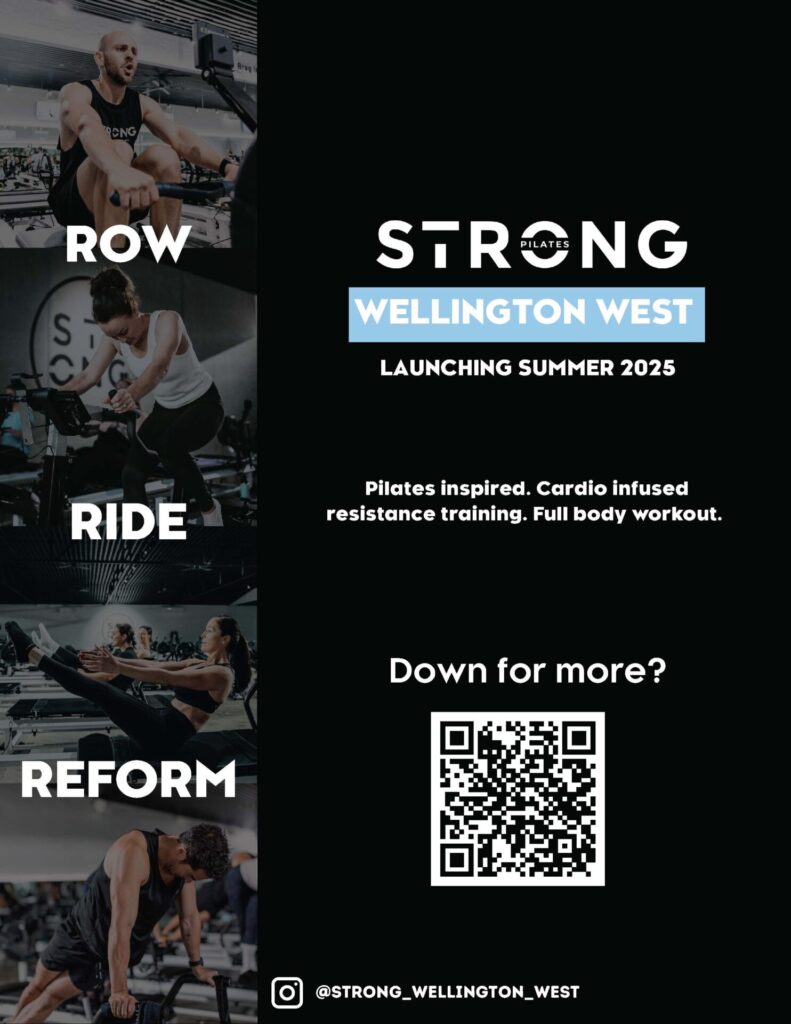C-Suite View: COVID-19’S TERRIBLE TOLL ON WOMEN
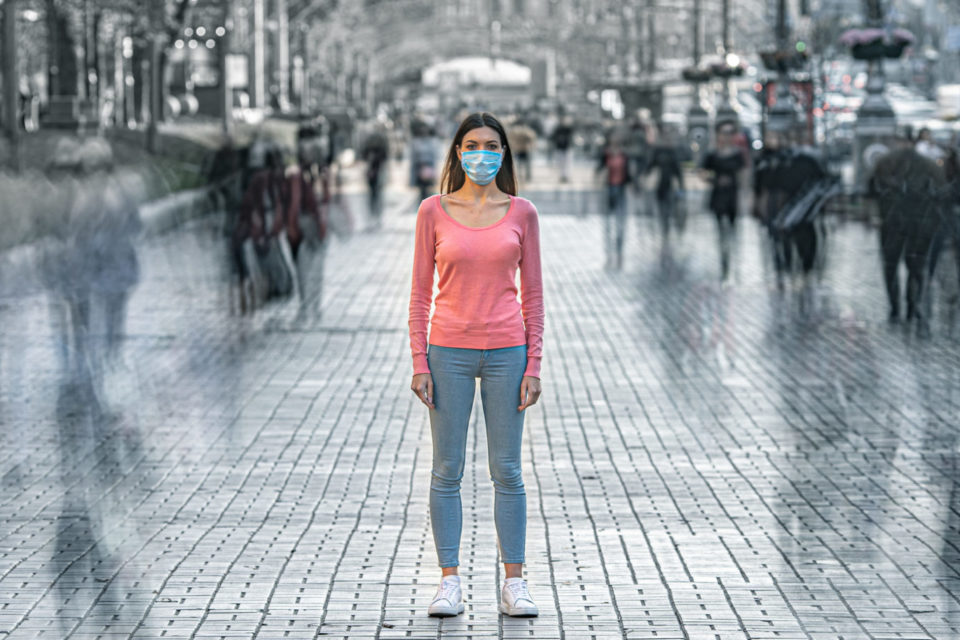
Women have struggled through this pandemic as have employers, but some have taken action that’s resulted in positive change.
By Jenn Campbell
Ottawa’s one year-plus of pandemic living has taken a disproportionate toll on women, revealing that the gender’s progress toward equality is maybe more tenuous than many had thought. But some Ottawa businesses worked hard to reduce that burden, with everything from increased mental health coverage in workplace-based benefits, and paid leave for employees who tested positive. We spoke to three people managers to see what they did.
Tova White, senior vice-president and chief human resources officer at Giant Tiger Giant Tiger has 10,000 employees across the country and 6,700 of them are women, while 42 per cent of the management team and 50 per cent of the executive team are made up of women. Those stats are to be celebrated, says Tova White, adding that maintaining that kind of gender representation is important to the company as its shoppers strongly skew towards women.
“Knowing this pandemic has been disproportionately challenging and knowing that more women than pre-pandemic are electing to leave the workforce is concerning for us, so we’ve developed some strategies to help ease the burden for all our employees, but particularly those who are struggling with work-life balance,” White says.
They started, she says, by making sure employees felt safe going to work. Because the stores mostly remained open, few could work from home. They provided PPE and added internal supports for those who had to take time off and didn’t qualify for government support. They also ensured employees were getting emotional and professional support through a “robust” employee assistance program and upped the promotion of that resource. They’ve also run workshops.
“We had paid leave for any employee who tested positive for COVID,” White says.
They also introduced a program called Work Your Way, which will allow people who can do their jobs from home more flexibility.
“It’s alleviated a ton of anxiety,” she says. “It’s been one of the few benefits of COVID.”
Sabrina Fitzgerald, certified public accountant with PwC PwC has witnessed the resilience of women, Sabrina Fitzgerald says. “And that should really be celebrated. We’ve seen our women go through quite a bit.”
Fitzgerald said PwC is committed to developing an inclusive workforce, a challenging goal, especially in keeping mid-career women on the job.
“A recent poll conducted from the Prosperity Project and it cited that mental health concerns are on the rise among working women, especially with mothers as the pandemic persists,” she said. “I would say working moms were more impacted.”
Fitzgerald said they’d previously developed network programs, including the Women in Leadership program.
“It was developed to focus on empowering women to have the confidence and the skills needed to lead through any disruptive times — it really helps to build their agility and resilience,” she said. “The women who have been in this program focus on taking ownership of their career.”
When the pandemic hit, they quickly made the shift to a virtual program.
“We often include not just PWC women but also some of our clients,” she says. “That’s brought the ability to truly be open.
Feedback from the participants and coaches and even the mentors is that it’s helped tremendously in a year that was super challenging.”
PwC also wanted to give its women access to the right support systems and it created a women’s inclusion network to discuss gender diversity and topics relevant to women. Men also participate.
“We share ideas, talks around issues, we do try to foster an inclusive working environment that maximizes the talent of our women that are part of that network in a way that lifts them up, not just by other women but by men, too.
They also have a parent inclusion network through which people share resources and discuss their various challenges.
Through its employees assistance program, PwC offers backup childcare and it’s enhanced its mental health benefit considerably, with a higher dollar value, and a 24-hour call centre service.
Malini Giridhar, vice-president, business development and regulatory at Enbridge Gas Inc.
Before COVID hit, Enbridge had already taken on a number of diversity initiatives, some of which involved making sure women were better represented in its workforce.
“For two years now, on a quarterly basis, we publish a diversity dashboard on multiple levels of diversity,” says Malini Giridhar.
“People can look at this dashboard by location, function and level to see the representation of women in the company. It’s a bit of an eyeopener when people can see what needs to be done, so that has been a game-changer for us in terms of highlighting the need and making sure we monitor progress.”
Before COVID hit, the company had made some incremental advances. The number of women in its workforce was up by two percentage points, over a three-year period, for example, and the senior leadership team had greatly increased its number of women.
Last November, when the company came up with its environmental, social and governance goals, it made significant commitments on diversity.
“We aspire to have 40 per cent representation of women in our workforce and on our board by 2025,” Giridhar says. “We’ve set goals on what we want the future to look like. We are building into our annual business score cards concrete actions we can take.”
These actions include unconscious bias training for all employees and hiring managers. In addition, compensation for non-union staff and executives will be tied to achieving the 40 per cent targets and finally, the company has committed to publishing its progress on all fronts.
In addition, Enbridge has worked hard to make its employees aware of the resources the company provides, specifically the mental health-related ones that might be useful.
